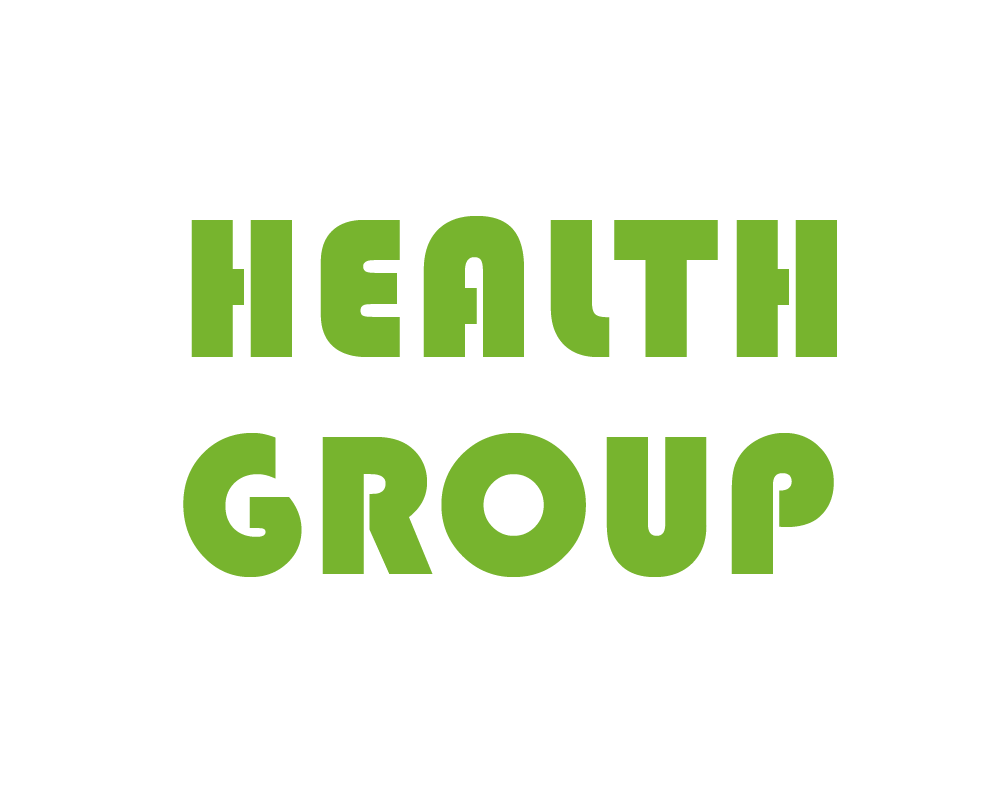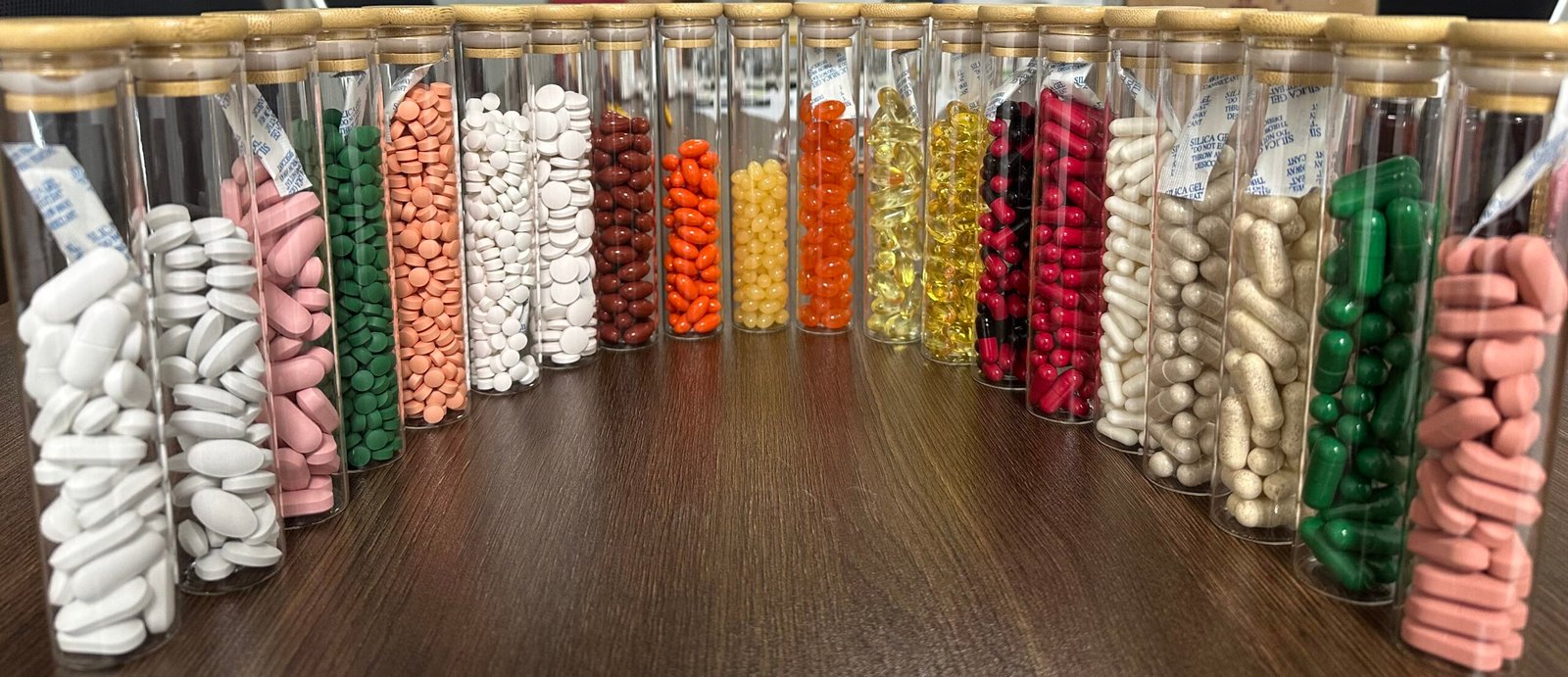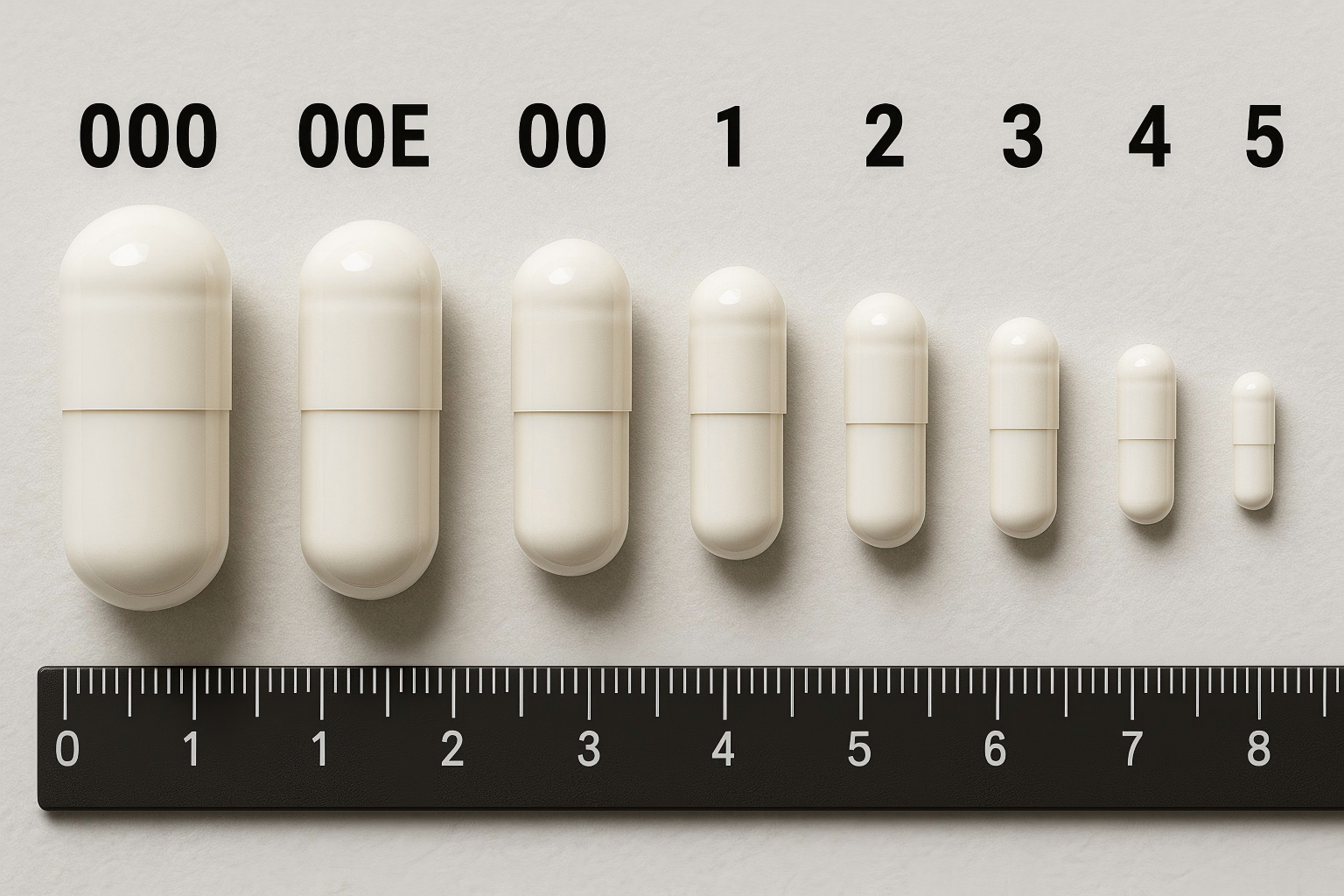Best Multivitamin for Women: What Should U Really Look For?

Modern women juggle careers, families, fitness, and personal wellness—all of which demand optimal health. But in today’s fast-paced life, even a nutritious diet might not cover all essential micronutrients. That’s where a high-quality multivitamin steps in. But with hundreds on the market, which one is truly the best for women?
Searching for the best multivitamin for women? Discover which nutrients matter most, what sets high-quality formulas apart, and how to choose based on your unique life stage.
Multivitamins aren’t one-size-fits-all. Age, lifestyle, health conditions, and nutritional gaps all play a role in determining what’s “best.” Before diving into specific product features, let’s understand the foundational benefits and what to verify on the label.
Not all multivitamins are designed with women’s specific hormonal and bone health needs in mind.
– What vitamins and minerals do women really need?
– Are multivitamins different for women of various ages?
– Should active women take specialized multivitamins?
– How to choose a high-quality multivitamin for women?
What vitamins and minerals do women really need?
Women’s nutritional requirements differ from men’s—especially in key areas such as iron, folate, calcium, and vitamin D. These nutrients support hormone balance, bone density, reproductive health, and immune function.
Women’s bodies have unique needs
From adolescence to menopause and beyond, specific vitamins play pivotal roles in wellness. Multivitamins that ignore these differences may leave gaps in daily health support.
Targeted nutrients that matter
Key nutrients for women include iron (especially pre-menopause), folic acid (for reproductive age), and calcium with vitamin D (to support bone strength).
Iron deficiency is significantly more common in women due to menstruation, yet some multivitamins exclude iron.
Calcium absorption declines with age, increasing the risk of osteoporosis after menopause.
Are multivitamins different for women of various ages?
Yes. Nutrient needs change drastically through life stages. Teens, women in reproductive years, pregnant women, and postmenopausal women each require specific formulations to support their evolving health demands.
Age matters more than most think
A multivitamin that works well at 25 may not be ideal at 50. Age-tailored supplements help bridge nutrient gaps that are age-specific and prevent excess intake of unneeded components.
Life stage formulas are not a marketing gimmick
Scientific guidelines support varying dosages of nutrients like folate, B12, and vitamin K at different ages. A smart product formulation aligns with a woman’s life phase for better outcomes.
Women over 50 need less iron, while younger women need more—choosing the wrong product could lead to over- or under-supplementation.
Prenatal multivitamins contain higher levels of folic acid and DHA, critical for fetal development.
Should active women take specialized multivitamins?
Highly active women—athletes, fitness enthusiasts, or those under high stress—often have increased nutritional demands. Energy metabolism, muscle recovery, and immune resilience are all influenced by micronutrient status.
More activity equals more nutrient turnover
Exercise increases the body’s use of antioxidants and B vitamins. Tailored multivitamins can support metabolism, hydration, and hormonal regulation under physical stress.

Performance-oriented multivitamins help close the gap
Products designed for active women often include extra magnesium, B-complex, and adaptogens for energy and stress support. These formulas provide balance in an otherwise depleted system.
Heavy exercise can lead to higher oxidative stress, making antioxidant-rich multivitamins more beneficial.
Athletic women often fall short in magnesium, which affects muscle function and sleep quality.
How to choose a high-quality multivitamin for women?
Not all supplements are created equal. The best multivitamins are third-party tested, made with bioavailable ingredients, free of fillers, and tailored to women’s real needs—not just marketing claims.
Trust begins with transparency
Look for certifications (GMP, NSF, ISO), clinically studied ingredients, and dosages aligned with RDAs. Avoid brands using “proprietary blends” that hide actual nutrient amounts.
What separates premium from average
Quality multivitamins use active forms like methylfolate instead of folic acid and include chelated minerals for better absorption. Also, consider whether the product is vegan, allergen-free, and free from unnecessary binders.
Supplements with synthetic fillers may be harder to digest and absorb.
Third-party testing ensures that the product contains what it claims—and nothing more.
Conclusion
The best multivitamin for women is one that aligns with her unique stage of life, activity level, and health goals. While there’s no single perfect formula, a well-designed, clean-label product tailored to a woman’s biology can make a real difference in her daily vitality, immunity, and long-term wellness.



